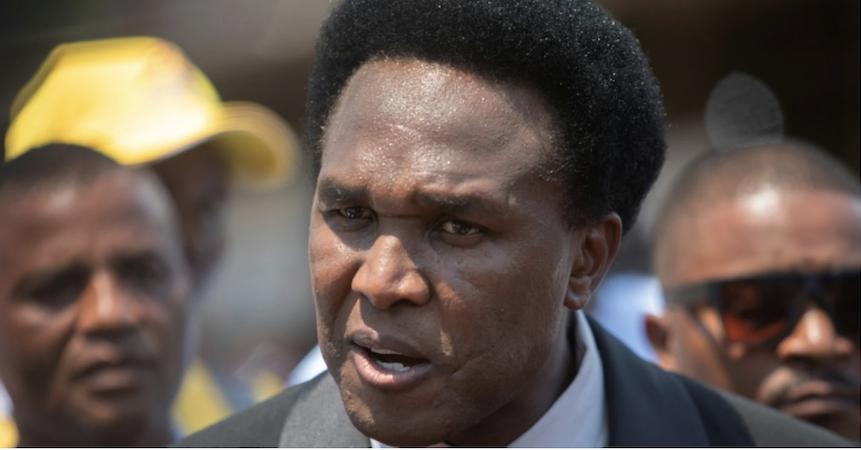Africa-Press – Mozambique. Former presidential candidate Venâncio Mondlane labelled the political agreement to be signed on Wednesday by the Mozambican president and party formations in the context of state reforms as an agreement “without the people”, promising daily protests for five years.
“It’s an agreement of people without people, an agreement in the name of the people, but the people won’t be there (…). So what they’re going to sign is a kind of paper,” the Mozambican politician told thousands of people in the Magoanine neighbourhood, in the suburbs of the Mozambican capital, during a march.
Today in Maputo, the president and Mozambique’s main political parties will sign an agreement focused on state reforms, as part of the political dialogue to end the country’s post-election crisis.
The ceremony will occur at the Joaquim Chissano Conference Centre, starting at 15:00 (two hours less in Lisbon). In addition to the parties with parliamentary seats, namely the Optimistic People for the Development of Mozambique (Podemos), the Mozambican National Resistance (Renamo) and the Democratic Movement of Mozambique (MDM), the agreement will also be signed by the extra-parliamentary Nova Democracia, in a dialogue that at the last meeting included party formations with representation in the provincial and municipal assemblies.
Although the Mozambican head of state has several times promised to “widen the dialogue table” to “various segments of society”, one of the main criticisms raised by academics and analysts continues to be the absence of Venâncio Mondlane, the second most voted in the last elections according to the Constitutional Council and who is leading the biggest challenge to the results the country has seen since the first elections in 1994.
In his speech today, Mondlane promised five years of street demonstrations to pressurise the government to do “what the people want”.
“We want to announce that this year, 2025 until 2030, there will be 1,825 days of demonstrations every day. If you don’t do what the people want, you won’t govern in Mozambique,” said Venâncio Mondlane.
Since October, Mozambique has been experiencing severe social unrest. Mondlane, who rejected the election results of 9 October, which gave victory to Daniel Chapo, called demonstrations and stoppages first.
The protests, now on a smaller scale, have occurred in different parts of the country. In addition to contesting the results, people are complaining about the rising cost of living and other social problems.
Since October, at least 353 people have died, including around two dozen minors, and around 3,500 have been injured during the protests, according to the electoral platform Decide, a non-governmental organisation that monitors electoral processes.
Mozambique’s government confirmed at least 80 deaths, as well as the destruction of 1,677 commercial establishments, 177 schools and 23 health centres during the demonstrations.
For More News And Analysis About Mozambique Follow Africa-Press






